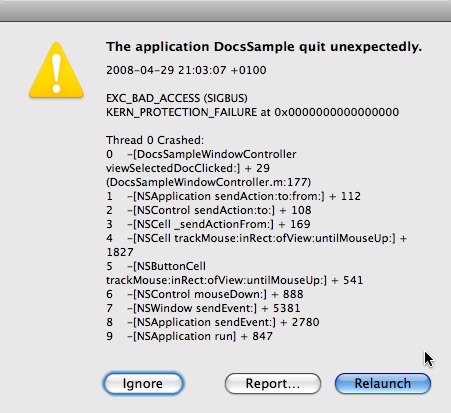As many readers know by now I am in the late stages of developing and releasing an iPhone application. This is the first time I’ve ever really been involved in the launch of a consumer product and while there’s nothing here that is likely to surprise any marketing guru’s, I’m finding it an interesting process.
I talked about pricing previously, but today I want to talk about the competition.
I downloaded the SDK1 shortly after the original announcement. The first version was fairly primitive, with little to no support for the drag-and-drop style of development used for parts of Mac OS X programs. I played around a bit, compiled a few demo applications but didn’t really get very far. Too hard, I though.
